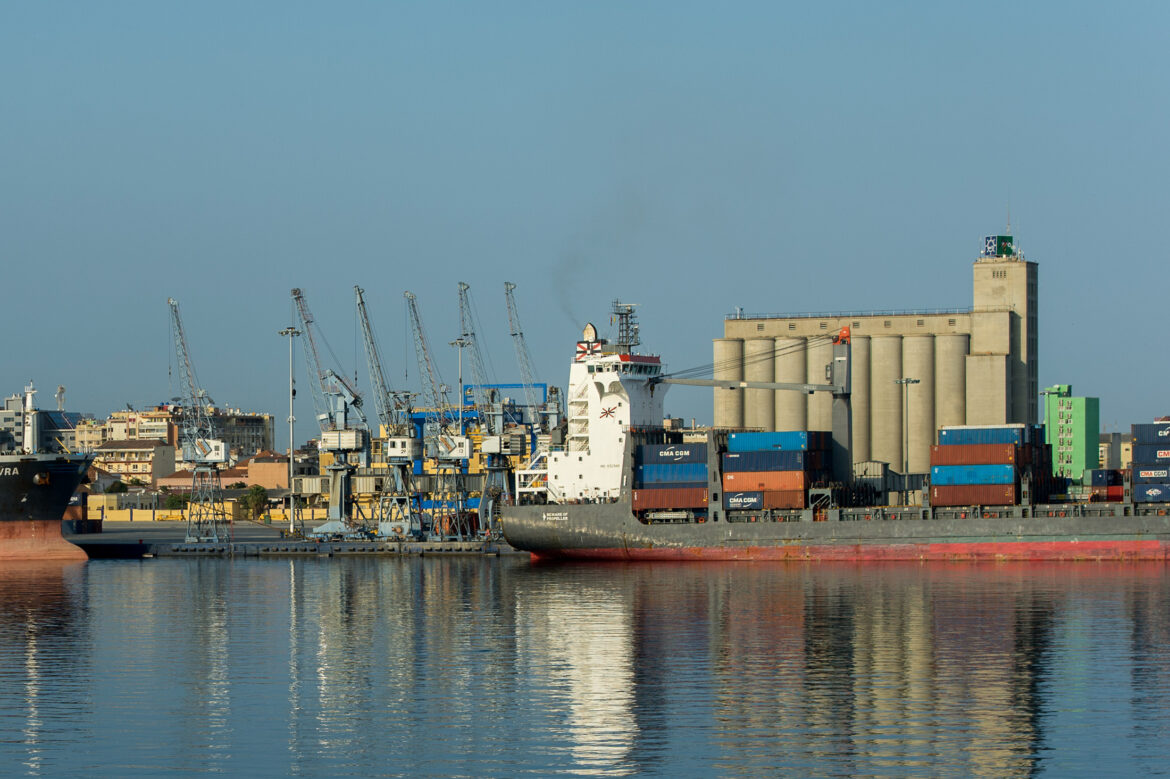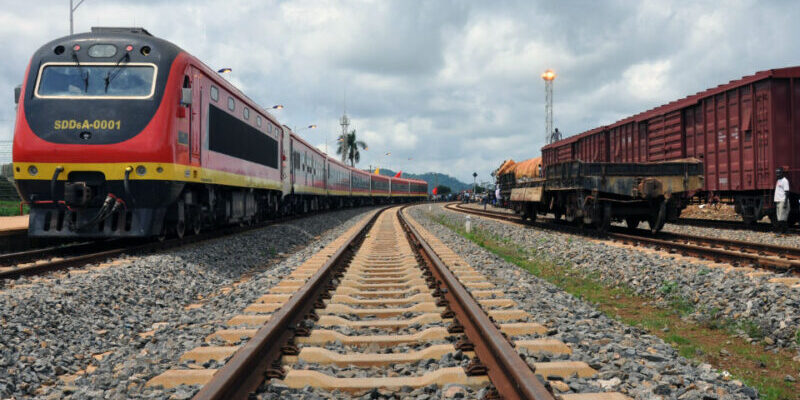The efficient operation of the Lobito Corridor is poised to significantly boost Angola’s economy by accelerating the export of ornamental rocks from the southern region to global markets, according to economist and researcher Agostinho Mateus from the Technical and Economic Research Center of the Lusíada University of Angola (CINVESTEC).
Mateus emphasized the Lobito Corridor as a “strategic infrastructure” crucial for Angola’s economic development.
He highlighted its role in facilitating international trade, driving regional economic growth, and creating jobs.
The Corridor, connecting the Port of Lobito to the borders of the Democratic Republic of Congo (DRC) and Zambia—both rich in mineral resources like copper and cobalt—offers an efficient export route that could generate substantial revenue for Angola.
The Corridor’s ability to provide direct access to the Atlantic Ocean and global markets makes it an economically viable logistics route for exports and imports, not only for Angola but also for its neighboring countries.
This increase in international trade is expected to strengthen Angola’s economy and diversify its exports beyond oil and gas.
The development of the Lobito Corridor could also enhance the railway and road infrastructure along its path, benefiting provinces like Benguela, Huambo, Bié, and Moxico, and stimulating economic activities in surrounding areas.
Mateus pointed out that infrastructure projects like the Lobito Corridor have the potential to attract foreign direct investment (FDI) in both infrastructure and productive sectors, contributing to Angola’s economic development.
He also suggested that public-private partnerships could be encouraged to develop associated infrastructure and services, such as dry ports and logistics centers.
The economist stressed the importance of training young people for jobs related to the management and operation of the Lobito Corridor.
He noted that a significant number of direct and indirect jobs are expected to be created during the construction and maintenance of the infrastructure, as well as in the services, trade, and logistics sectors.
While acknowledging the Corridor’s potential, Mateus also highlighted the importance of addressing challenges such as sustainable financing, responsible environmental practices, security, and equitable distribution of economic benefits to avoid regional and social inequalities.
In conclusion, Mateus suggested that a carefully planned and balanced approach could maximize the benefits of the Lobito Corridor while minimizing risks and adverse impacts.
![]()




